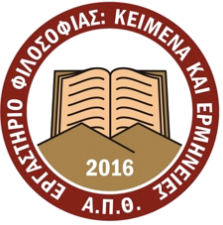No canon, no dice? Does philosophy use a canon at all?
Prof. Richard King, Professor ordinarius with focus on history of philosophy at the University of Bern
Abstract
Philosophy is not literature, wisdom-literature, or religion: to make and justify claims it does not appeal to “The Philosophical Canon”. Giving reasons is not restricted to the appeal to authority. Anyway, there is no authority to establish such a canon. Past philosophy is not fit for present theory without processing, and philosophers now are not restricted to philosophy to find concepts and theses. Of course, much philosophy is and has been sectarian, artificially restricting itself to some canon. Commentarial traditions are prominent in the history of philosophy. However, it remains possible, even: necessary to do philosophy, assert justified claims without a canon, outside any canon: Philosophy must be canon neutral, for it can perhaps: must, mediate between canons.
R. Α. Η. King teaches the history of philosophy at the University of Berne. He works on Plato, Aristotle and Plotinus, as well as comparing pre-imperial Chinese politico-ethics with classical Greek politico-ethics.
Monographs:
- Aristotle on life and death. Duckworth, London. 2001.
- Aristotle and Plotinus on memory. De Gruyter, Berlin 2009.
- Roles and virtues in Plato, Aristotle, the Mencius and the Xunzi. Forthcoming

